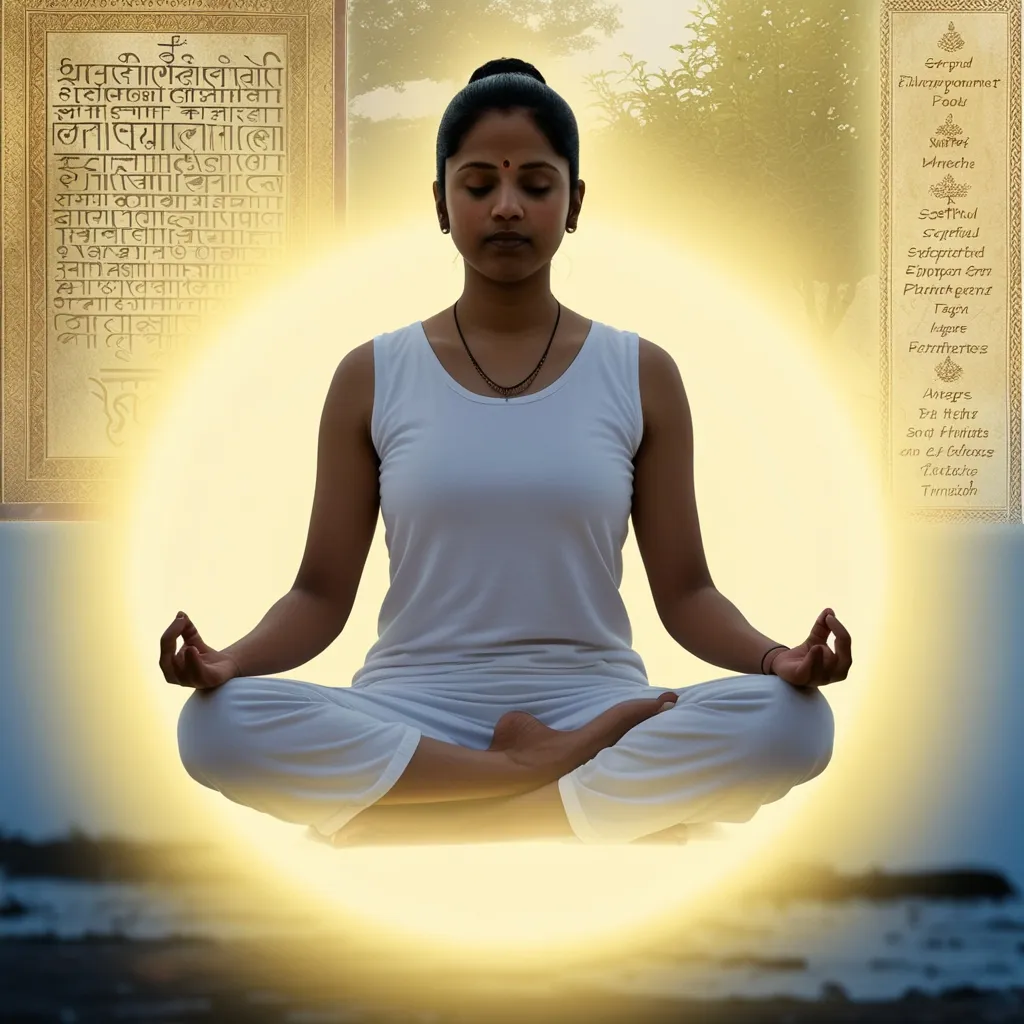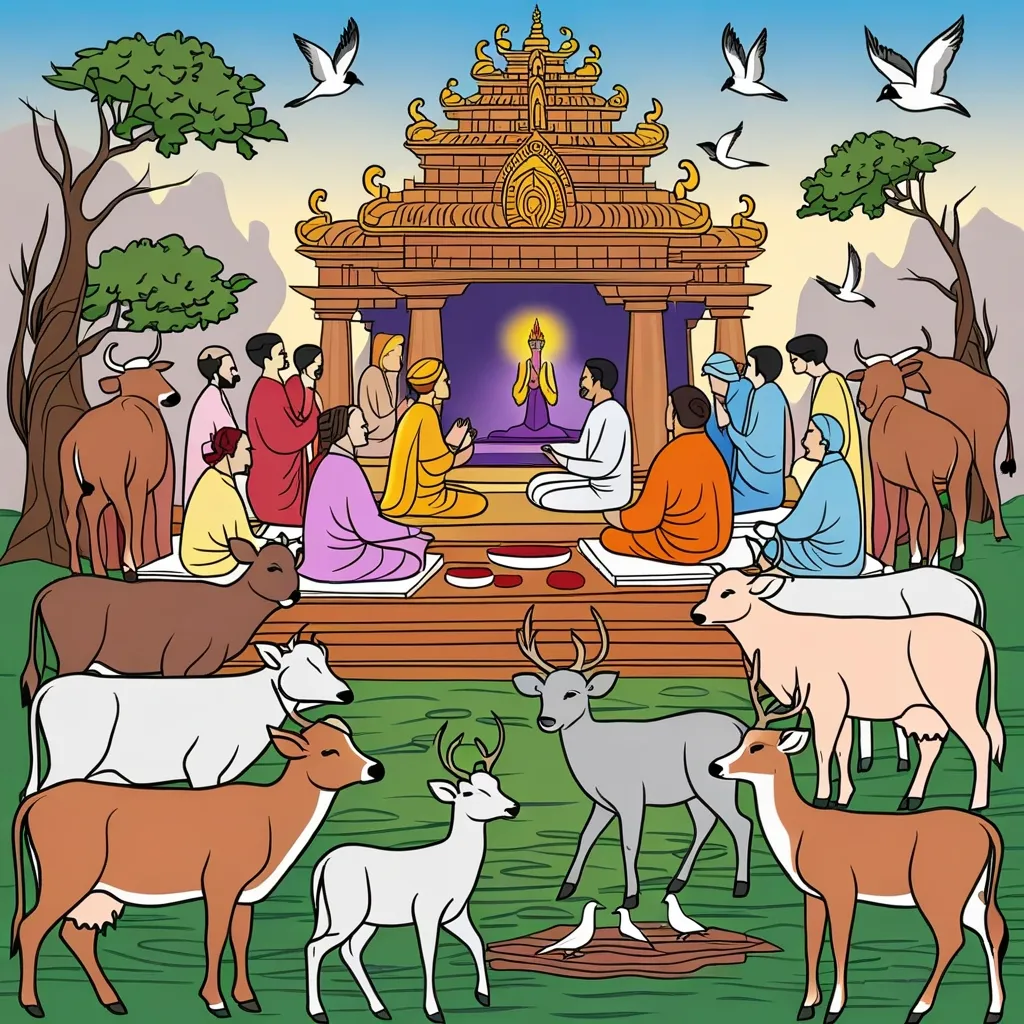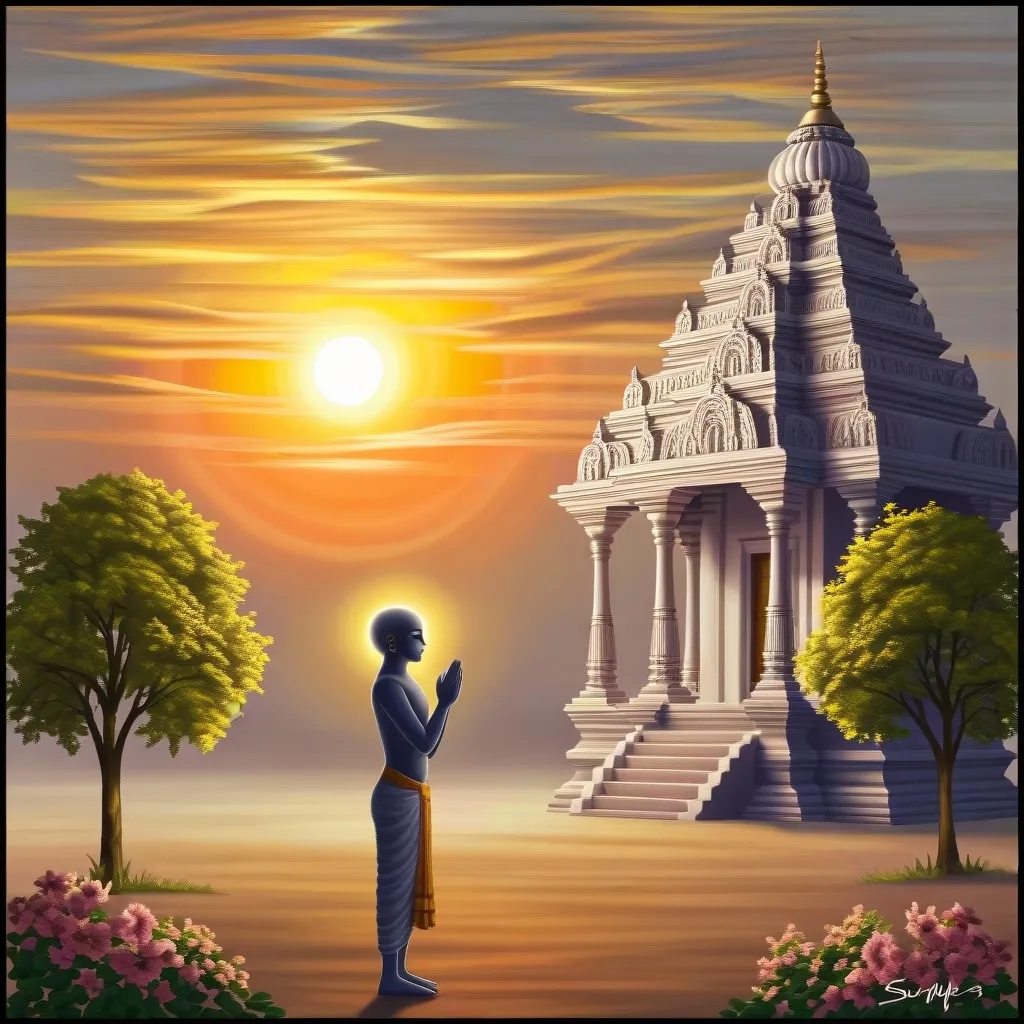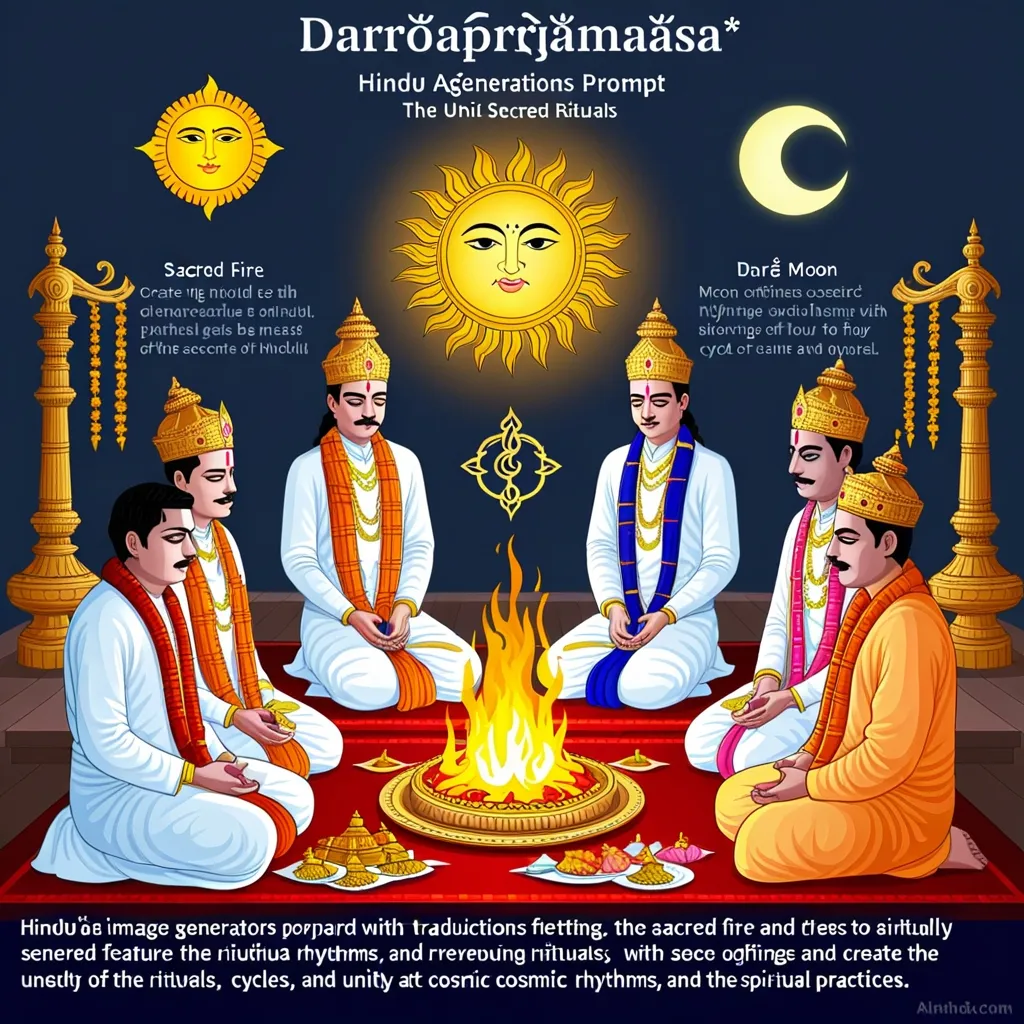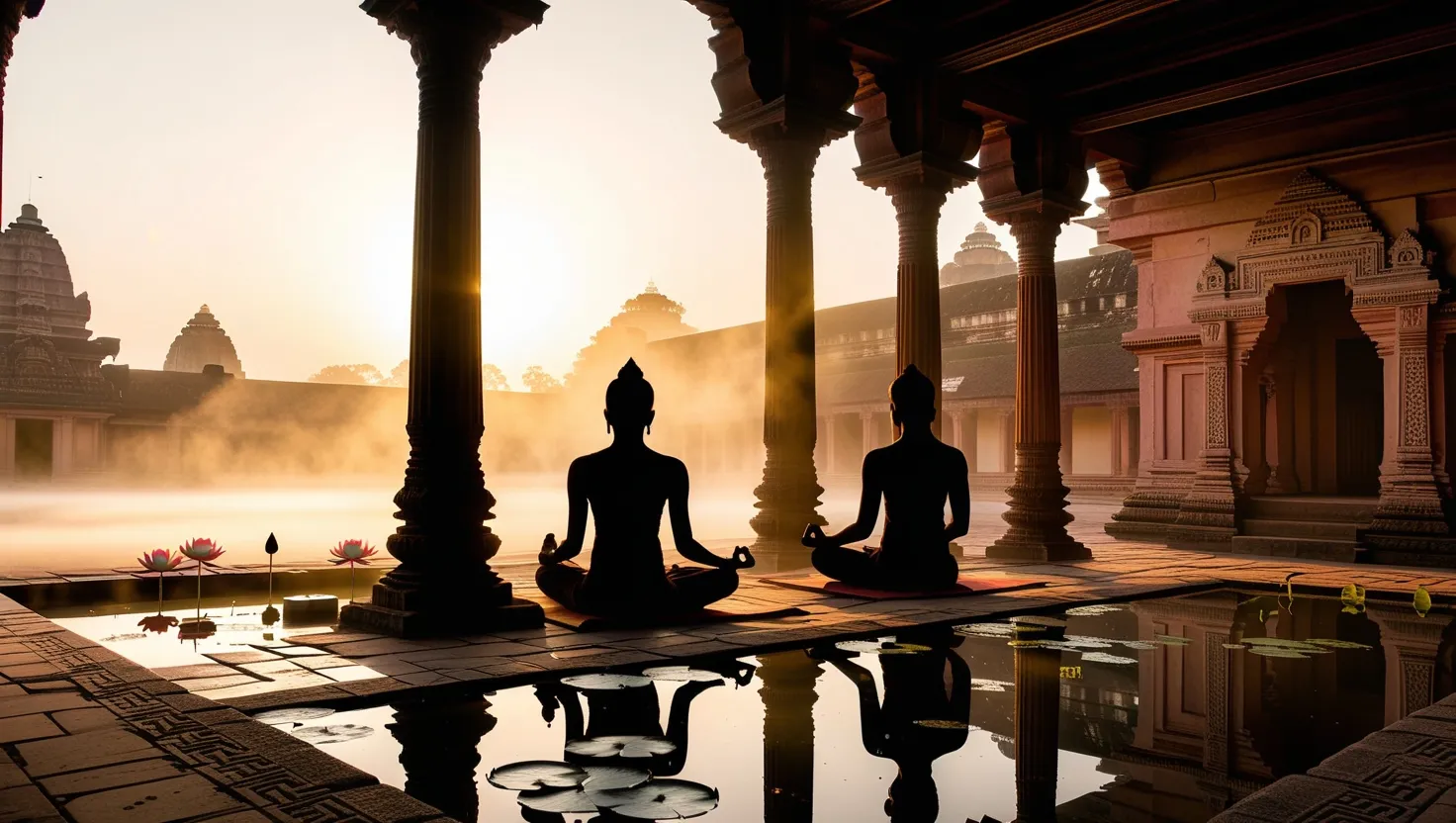Mantras hold significant power in Hinduism, especially as described in the Yajur Veda. This ancient scripture offers a treasure trove of wisdom, guiding us through spiritual practices and revealing the magic of mantra repetition. By diving into the Yajur Veda, we can unearth deeper meditation techniques and find a better focus on our spiritual journeys.
The essence of mantras, really, is their ability to cut through the noise of daily life. They’re more than just mere words or sounds—they’re concentrated nuggets of philosophy designed to clear our minds of distractions. When we sit down to meditate and employ these mantras, they help immerse us entirely in a single thought. This immersion can bring us closer to our spiritual goals, elevating our state of consciousness and bringing that elusive inner peace.
Take the Gayatri Mantra, one of the most celebrated chants from the Yajur Veda. It’s like a beacon of light in the spiritual world. This mantra pays tribute to the solar light, symbolizing purity, energy, and transcendence. It starts with “Om Bhur Bhuva Swaha,” which cleverly encapsulates the essence of the three primary Vedas—Rig, Yajur, and Sama. It’s essentially asking for divine guidance and illumination: “Tat Savitur Varenyam Bhargo Devasya Dhimahi. Dhiyo Yo Nah Prachodayat.”
If you’re interested in practicing this, it’s easier than you might think. Get comfortable, relax your breathing, and visualize the sun’s golden rays spreading through your body as you repeat the mantra. Let the sound resonate within you; feel its energy. Doing this especially during twilight can bring a quiet joy to your life and boost your spiritual confidence.
Then there’s Japa, a meditative practice essential to Hinduism that involves the repetition of mantras. Many people use a mala—a set of 108 beads—to keep count of their repetitions. The Yajur Veda emphasizes that this kind of repetitive chanting, whether it’s the Gayatri Mantra or other holy shlokas, purifies both the mind and the spirit. The number 108 isn’t picked randomly. It’s considered auspicious in many ways, reflecting the 108 Upanishads or the 108 names of the divine.
Interestingly, while ancient mantras carry potent power, you can also create your own. Start by jotting down words or ideas that resonate with you. It could be anything—peace, joy, harmony. Form a short, positive phrase from these words. Something like “I am peaceful” works better than “I am not worried.” Repeat this personal mantra during your meditation sessions, focusing on its meaning to guide you deeper into your consciousness.
Don’t overlook the role of “Om,” often dubbed the “pranava mantra.” It’s like the mother of all mantras, the first manifestation of Brahman, the ultimate reality. Om acts as a prefix and suffix to many prayers, serving as a gentle reminder of the oneness of all reality. Use it in your meditative practices to help focus your mind and connect with the divine.
Incorporating these mantras into your daily routine can really transform your life. Start small, maybe 10-20 minutes a day, and then gradually increase your sessions as you grow more comfortable. Morning and evening are ideal for this practice because those times are considered sacred according to the Vedas. Find a comfortable posture, close your eyes, and let the mantra flow through you. Let its sound resonate and fill your entire being with its energy.
Of course, dealing with distractions is part of the challenge. The key here is to remain effortless. Don’t try to control your thoughts rigidly. If a distraction arises, acknowledge it gently and then drift back to your mantra. This practice helps develop a calm, focused mind, allowing you to rise above daily worries and sink into a deeper state of meditation.
Visualization can take your practice to the next level. Imagine a golden light entering your body as you chant the Gayatri Mantra or any other mantra you’ve chosen. See this light spreading throughout your being, purifying and energizing every part of you. Combine this visualization with relaxed breathing, focusing on the sensation as the breath flows in and out. This combo can lead you into a state of profound relaxation and spiritual focus.
Regular practice of mantra repetition can benefit not only your spiritual life but also your overall well-being. It helps reduce stress and anxiety, improve cardiovascular health, and foster a sense of inner peace. Even short daily sessions can make a huge difference, helping you navigate life’s challenges with greater clarity and ease.
Using the wisdom of the Yajur Veda and incorporating mantra repetition into your daily practice is like accessing a powerful tool for spiritual growth and meditation. Whether you stick to ancient mantras like the Gayatri or craft your own personalized chants, the goal remains the same: to immerse yourself in one meaningful thought and move closer to inner peace and enlightenment.
